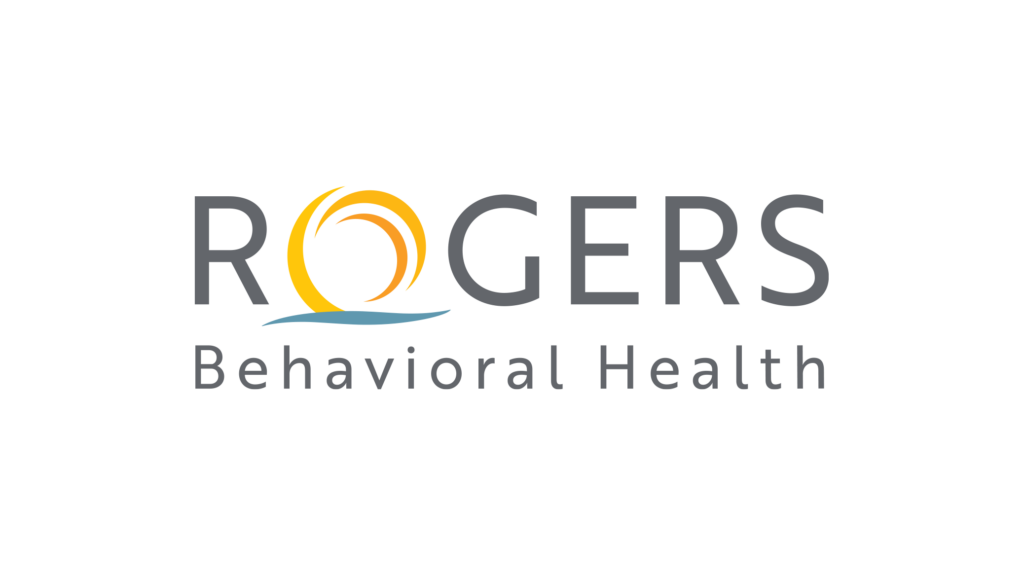The outward signs of obsessive-compulsive disorder (OCD) can be easy to see – excessive handwashing, compulsive arranging – behaviors often done in an attempt to address unwanted thoughts. But researchers say focusing on the unseen reason for compulsions, not the actions themselves, may lead to improved treatments.
Subtypes like ‘Not just right’ OCD: What is it?
Consider compulsive handwashing. People with OCD may do so based on a fear of germs and getting sick, but the motivation can also come from a place of “incompleteness” or “not-just-right” feelings.
“People will report that it’s not that they’re afraid; it’s that they feel incomplete,” says Rachel Schwartz, PhD, associate research psychologist at Rogers Research Center. “They have to keep washing their hands until it feels just right. Maybe it’s a certain texture or temperature and some internal signal they’re going after.”
That sense of incompleteness can come with any number of tasks, from washing hands to arranging items, with compulsions to address the feeling sometimes lasting for minutes to hours. Dr. Schwartz gives the example of that feeling of incompleteness in the video below:
,
“And for folks who have OCD, that feeling is just dialed all the way up,” she adds. “We might have been feeling it at a one or a two out of ten when hearing the incomplete song, but imagine that feeling at ten. It’s completely unignorable. The urge is extremely intense, and unfortunately doesn’t go away as simply as completing a melody.”
OCD treatment: shifting the focus from what to why
While OCD can be highly-impairing, effective treatments exist, such as exposure and response prevention. That’s when a patient purposefully experiences a situation where they would usually perform compulsions until their related emotions, often fear, decrease. But not everyone sees a benefit from that treatment – perhaps as high as half of all patients.
Researchers say it’s worth looking into the motivation behind compulsions.
“In the field, we haven’t been great at predicting who exactly isn’t getting better, and not for lack of trying,” she says. “So that leaves us really scratching our heads. There’s been a push more recently to start considering the way we’re thinking about OCD and trying to classify varied OCD symptoms into subtypes, such as incompleteness.”
Dr. Schwartz says a shift in focus may bring new insights.
“Maybe it’s not the what that matters,” she explains. “Maybe it’s the why.”
That why focuses on motivation, and whether it may be based in fear or incompleteness.
Take the hand washing example: Neglecting the reason why a patient with OCD compulsively washes their hands could overlook the very information that might predict how well that person will respond to a specific kind of treatment.
“’Not-just-right’ OCD is not fear-driven, it’s discomfort-driven,” explains Martin Franklin, PhD, clinical director of Rogers Research Center’s Philadelphia extension and Rogers’ executive clinical director of OCD and Anxiety Services. “We already know that discomfort doesn’t come down the same way that fear does during exposure and response prevention therapy.”
A big opportunity to pioneer research: How can we look to the data for answers?
Past studies suggest incompleteness OCD may be associated with worse treatment outcomes, but there has been little research examining the question. That’s especially the case in in more intensive treatment settings and with children.
A Rogers Research Center’s study will break ground, adding to that limited knowledge.
Dr. Schwartz, who joined the Rogers Research Center’s Philadelphia extension in 2023, is leading the investigation into the “not just right” OCD presentation. She, along with other investigators, are analyzing data from more than 11,000 child and adult patients enrolled in Rogers’ OCD and Anxiety Services to explore whether different levels of “not just right” OCD are associated with better or worse treatment outcomes.
While patients can be difficult to recruit for such studies, Rogers’ researchers have the benefit of already-existing data from thousands of Rogers’ patients, allowing them to dive into those numbers to find new insights. That, in turn, can eventually lead to new and improved treatments.
Setting the stage for the future: How can studies eventually lead to advancements in treatment?
Before making decisions on how best to tailor treatment, researchers say they must look into the data.
“If we see that the traditional OCD treatment isn’t working for those with non-just-right symptoms, the next question is, what do we do about it? What can we do to make more targeted interventions to optimize their outcomes?” says Dr. Schwartz. “The retrospective work we’re doing right now is really to set the stage for more prospective research that could start tackling those sorts of questions.”
This will be the first study conducted with children who have OCD in the context of an intensive treatment setting. The team will also use the data to try to improve the assessment of such symptoms in Rogers’ pediatric OCD programs.
“We’re trying to lay the foundation,” says Dr. Schwartz. “That’s going to set us up to do a lot more exciting work moving forward.”
OCD treatment at Rogers
Rogers’ compassionate teams of experts are ready to help you or a loved one struggling with OCD and anxiety. Rogers offers inpatient and residential treatment for children, teens, and adults, in addition to PHP and IOP care, across the country. Call 800-767-4411 for a free, confidential screening.


